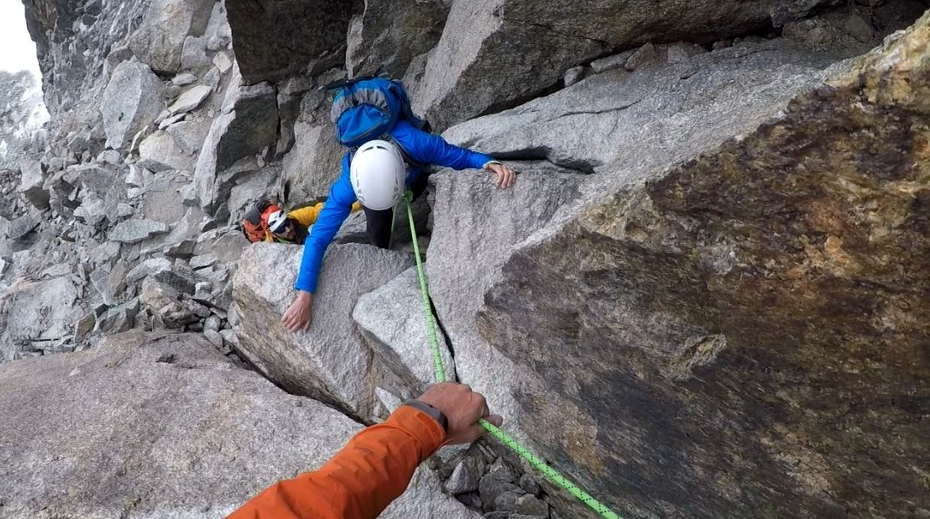Safety as a mountain guide
Début du projet : Between 2015 and 2019Safety issues now affect a wide range of professions. In particular, the mountain guide profession is facing environmental, economic and societal changes that are making risk management more complex. The aim of this doctoral project is to gain a better understanding of the human aspects of safety, so that we can better adapt to current and future challenges.
 © Antoine Girard
© Antoine Girard
This thesis project is based on two main axes, theoretical and methodological.
Theoretically speaking, mountain guide safety must be approached from a human factors perspective. In order to go beyond a technical approach to risk management, guided mountain tours are considered first and foremost as a service. In this context, safety issues become inseparable from economic, relational and cultural aspects.
Methodologically, this research is based on a qualitative analysis of data extracted from interviews and observations carried out with professionals in the field and during their training.
The aim of this work is to gain a better understanding of how they perceive risks, and how they actually manage these risks in the reality of their day-to-day business and in interaction with customers, other guides and professional bodies.
Thesis Mont-Blanc Culture and heritage Economy, jobs and services Tourism and recreational practices

